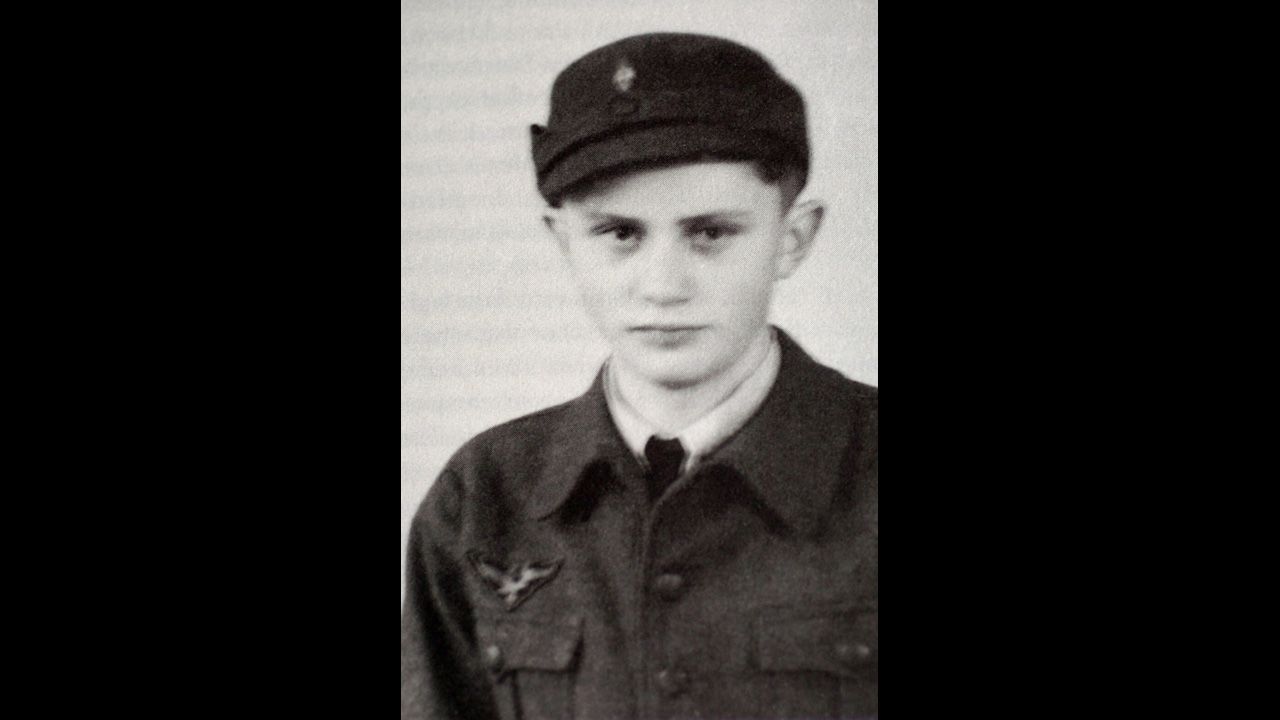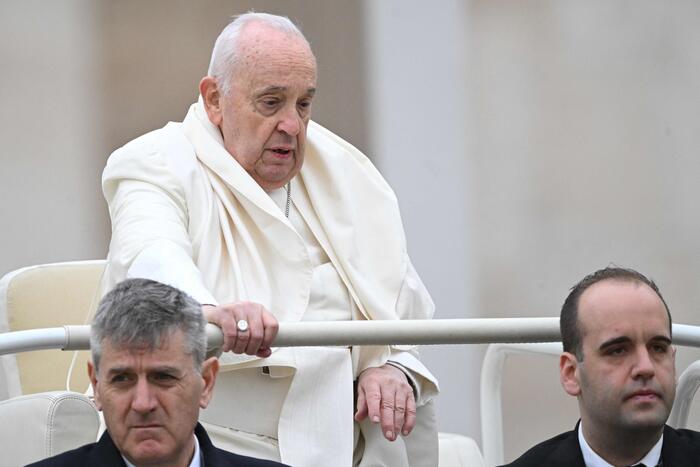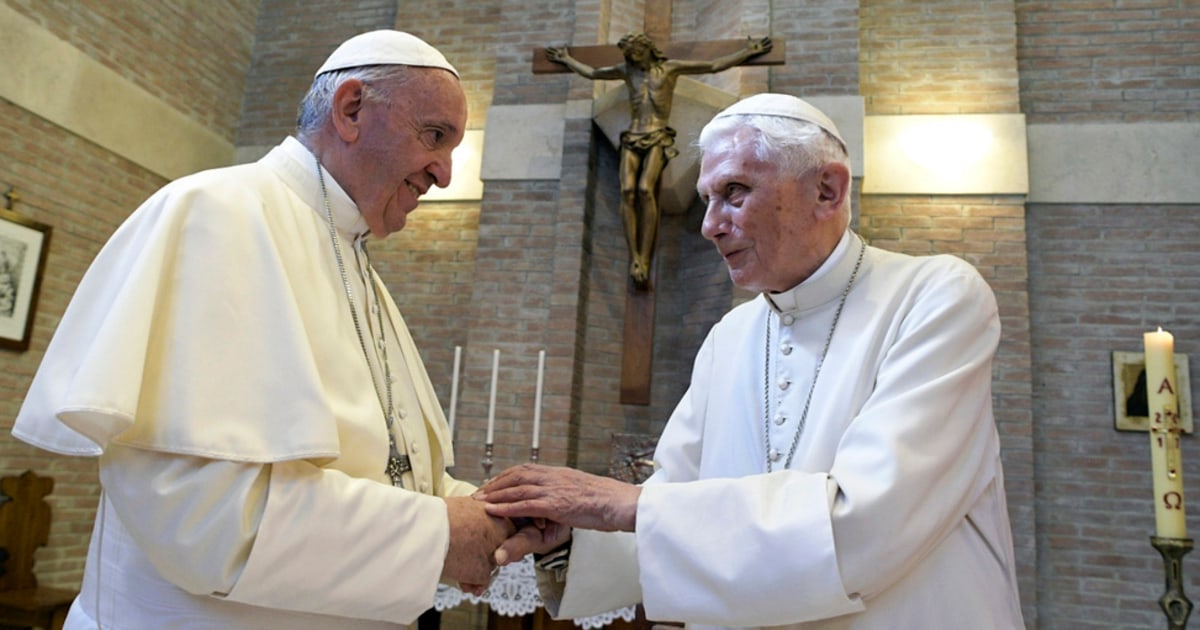Pope Benedict XVI dies: look at his achievements and his controversies 4:22
(CNN) --
The early years of Joseph Ratzinger, born April 16, 1927 in Marktl am Inn, in southeastern Germany near the Austrian border, were defined by his country and turbulent times, as well as his faith.
Latest on the death of Joseph Ratzinger, Pope Emeritus Benedict XVI, live: news and reactions
Adolf Hitler rose to power during Ratzinger's teenage years in Traunstein, in the heavily Catholic region of Bavaria.
When he was 14, school officials followed the orders of Nazi officials and enrolled Ratzinger and the rest of his class in the Hitler Youth movement, against his will, the emeritus pope later wrote in his memoir. of the.
He left the organization a short time later, because he was studying for the priesthood.
But in 1943, Ratzinger was brought back into the Nazi fold by being conscripted into the German army.
When and where will be the funeral and vigil for Benedict XVI?
For the next two years, Ratzinger served his country as part of an anti-aircraft unit.
But in the last days of World War II, he deserted and was taken prisoner by the US Army.
According to CNN's senior Vatican analyst John Allen, Ratzinger's family was strongly, if quietly, anti-Nazi and his father took a series of less important jobs to stay away from what was happening under Hitler.
In June 1945, Ratzinger was released from a prisoner of war camp.
He got on a milk truck and drove to his house.
advertising
And life began again.
Who was Benedict XVI and what did he do?
The transitional pope who tried to guide the Church through difficult times
The soldier became a scholar.
He studied Philosophy and Theology at the University of Munich and another school in Freising between 1946 and 1951. Two years later, he obtained a doctorate in theology, after presenting a thesis entitled "The People and the House of God in The Doctrine of the Church." of Saint Augustine.
Eventually, he became a professor, teaching dogma and fundamental theology at four German universities.
In 1969, for example, he was appointed vice president and professor of theology at the University of Regensburg in Germany.
“Books were her best friends,” Allen said.
Why did Pope Benedict XVI resign in 2013?
In 1962, 11 years after his ordination as a priest, the then 35-year-old was a consultant during Vatican II to Cardinal Josef Frings, a reformer who was archbishop of Cologne, Germany.
As a young priest, Ratzinger was on the progressive side of theological debates.
But it began to change right after the student revolutions of 1968, according to Allen, also a correspondent for the National Catholic Reporter.
In fact, it was Ratzinger's conservative defense of strict doctrines that defined him in the eyes of many, until he became pope in 2005.
In March 1977 he was named Archbishop of Munich and Freising and was consecrated on May 28 of that same year.
On June 27, 1977, he was named cardinal by Pope Paul VI.
Benedict XVI was the first pope to resign since Gregory XII in 1415.
He served as the chief theological adviser to Pope John Paul II.
As dean of the College of Cardinals, it was his duty to call the cardinals to Rome for the conclave after the death of Pope John Paul II.
He was an accomplished pianist with a fondness for Mozart.
Benedict XVI



/cloudfront-eu-central-1.images.arcpublishing.com/prisa/KRD2LI5IMVFG3IDDWM2ZAAPS2I.jpeg)


/cloudfront-eu-central-1.images.arcpublishing.com/prisa/57WJQXB25VEW3N6XHSY63XO6YQ.jpg)







